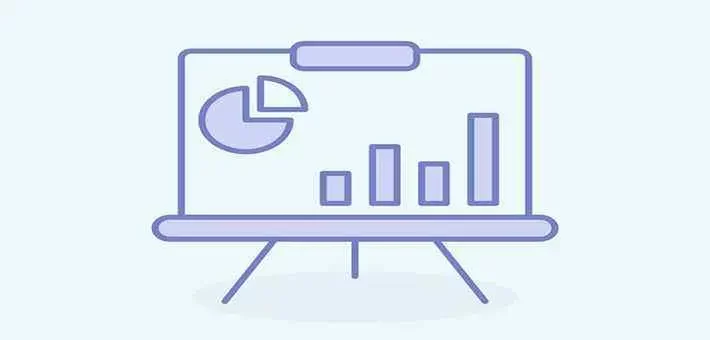More MCQs
HOME
Categories
Courses
Business Management MCQs
Fundamentals of Economics MCQs
Demand and Supply Elasticities MCQs
Utility Analysis Economics MCQs
Costs Revenues and Firms economics MCQs
Consumption Savings and Investment MCQs
Multiplier and Accelerator Economics
Economic Growth and Taxation MCQs
Economics Monetary Policy MCQs
Money and Credit economics MCQs
Public finance economics MCQs
Public finance – It studies the income and expenditure of the public authorities and deals with the adjustment therein. Here on MCQs.club we have prepared Multiple Choice Question (MCQs) on Public finance that fully cover the Public Finance Definition and Components, types of public finance, objectives of public finance, Importance of Public finance, Elements of Public finance. These MCQs are useful for Business management exams, Professional accountancy exams and Competitive exams.
- Public finance –
- It studies the income and expenditure of the public authorities and deals with the adjustment therein.
- It addresses the question as to how does the government raise the finances for its ever-increasing expenditure.
- Both A&B
- None
- Similarities between public and private finance include:
- Both aim at balancing income and expenditure
- Both try making the best use of available scarce resources
- Both need to borrow in order to cover the gap between the income and expenditure.
- All of the above
- All of the following are correct EXCEPT.
- Public finance is basically a component of the overall economic system.
- Private finance is a subject of microeconomics whereas public finance is a subject of macroeconomics.
- Individual can go for both external loans and internal loan available for him.
- None
- Major functions of Public finance include:
- Allocative function – the role of government that it plays in providing resources to extend support to the public goods.
- Distributive function – deciding as to whom the resources should be allocated.
- Stabilization function – ensuring economic stability
- All of the above
- Importance of public finance include:
- Public finance addresses the key area through its allocative function and finances public goods for social welfare of the community.
- Public finance targets at eliminating or at least reducing economic inequalities prevailing in the society.
- Public finance serves as a tool for economic planning.
- All of the above
- The reasons of continuous increase in public expenditure include:
- Welfare state ideology
- Size of population
- Technological developments
- Ability to tax
- Expansion in social services
- Provision of public utility services
- Political and social factors
- Economic development
- War and the national defense
- All of the above
- (I) (III) and (VIII) only
- (IV) (IV) and (IX) only
- None
- Economic development is purely a state’s affair and depends almost entirely on public expenditure.
- True
- False
- All of the following are the Roles of public expenditure EXCEPT:
- Public expenditure plays a vital role in development and promotion of social overheads such as hospitals, schools, roads etc.
- The growth of rural and under developed areas is entirely dependent on public expenditure.
- Public expenditure is used extensively in the agricultural sector for formulating irrigation network, seed farms, fertilizers etc.
- The time, effort and money spent on the exploration and extraction of minerals resources are derived out of the public expenditure.
- None
- Out of the following, which is the most important source of revenue to the state?
- Import tariff
- Service tax
- Wealth tax
- Sales tax
- The difference between total expenditure and total amount of receipts is referred to as
- Primary deficit
- Revenue deficit
- Budget deficit
- Fiscal deficit
- Government budget is said to be balanced when:
- Government expenditure exceeds tax receipts
- Government tax receipts exceed expenditure
- Government spending decreases and revenues increase
- Government expenditure equals tax revenue
- Which of the following should NOT be the aim of a government?
- Inequality of incomes
- Price stability
- Economic growth
- Full employment
- Which of the following would cause income inequalities?
- Increased unemployment allowance
- Progressive taxation
- Regressive taxation
- Full employment
- A benefit of tariff is:
- More competition
- Increased choice
- More trade
- Increased government revenue
- The “ability to pay principle” can best be demonstrated by:
- Sales tax
- Excise tax
- Highway toll tax
- Personal income tax
—More to come soon—





2 Responses
thank you for your efforts.
Hey Dagnachew! I am glad the content was helpful for you.
Stay tuned more stuff coming soon!!
Your interaction is our growth. Share if you like 🙂